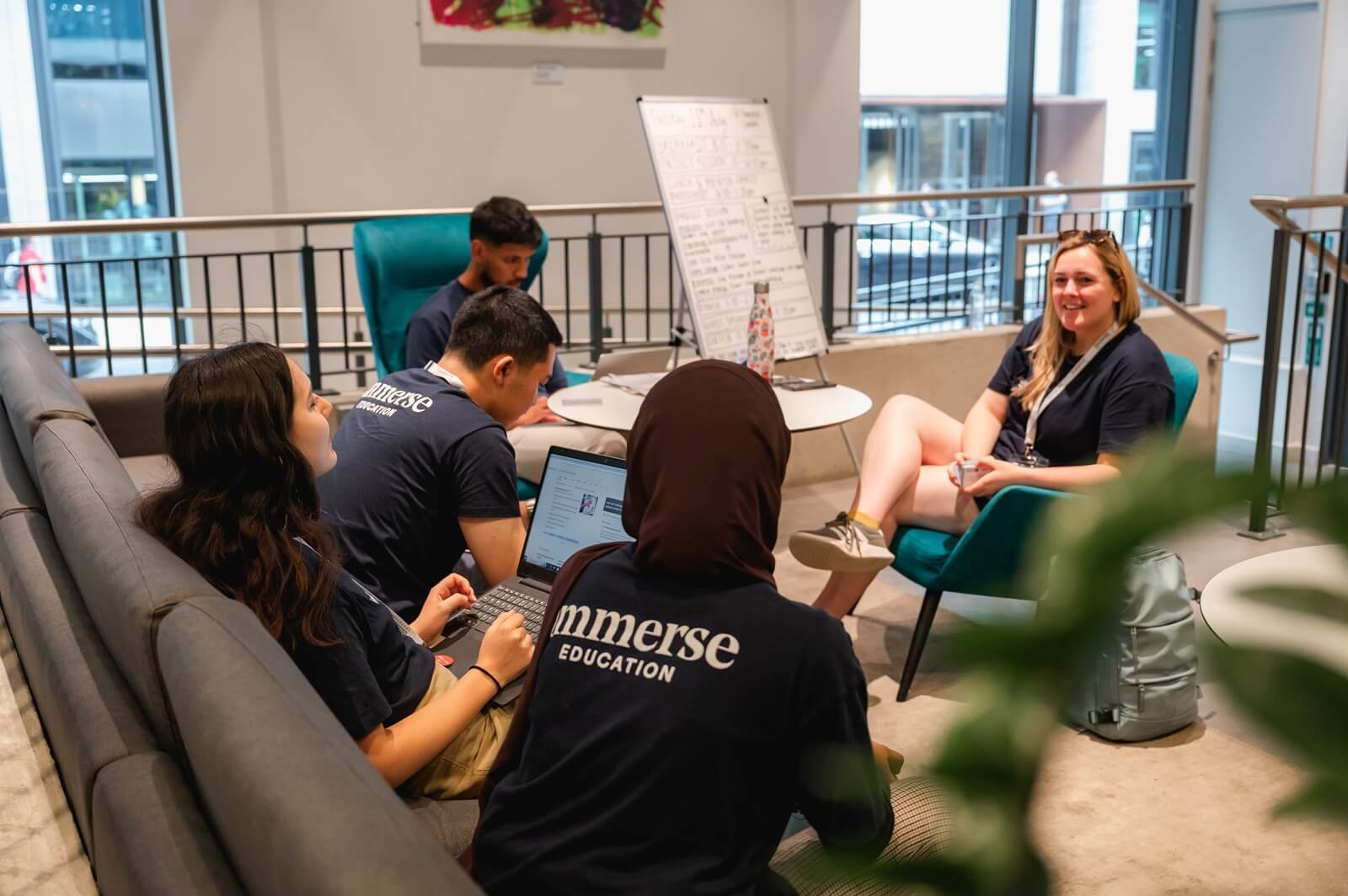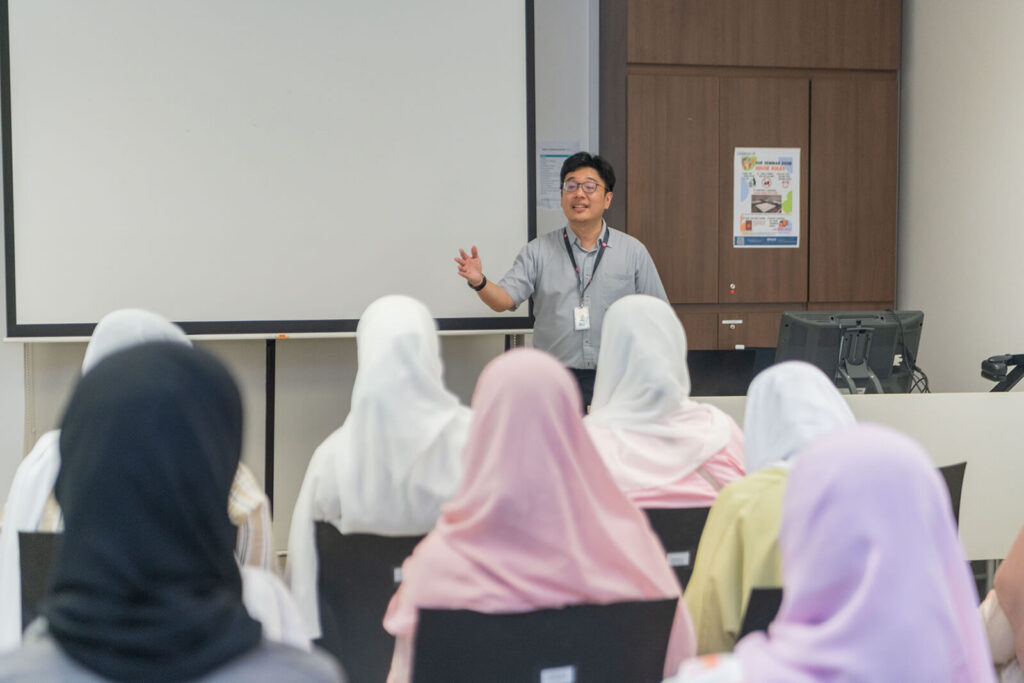This programme will help support my journey to university, especially for med school, where it’s essential to connect with people, have a strong foundation of medical knowledge, and be able to think on your feet.
The Immerse Singapore Experience
Singapore summer school
Are you interested in joining a summer school in Singapore? Immerse Education offers an exceptional summer school programme, where students can learn from expert tutors while exploring the city’s vibrant heritage. A major highlight of our summer school in Singapore for international students is the chance to experience life in one of the world’s most dynamic cities.


Available programmes in Singapore
Subjects available in Singapore
Dates and duration
Our Singapore summer programmes run for two weeks, allowing students to gain in-depth insights into their chosen field and fully experience the culture and vibrancy of Singapore.
Age groups
Immerse Singapore programmes welcome students aged 16-18 from around the world. We’re looking for participants who are passionate about learning, eager to challenge themselves academically, and excited to experience a new culture and lifestyle.
Fees and what’s included
The programme fee covers tuition, accommodation, meals, course materials, and extracurricular activities, providing a comprehensive and worry-free experience that allows students to immerse themselves in both academic and cultural opportunities.
Travel information
Students are responsible for arranging their travel to and from Singapore; however, detailed pre-arrival guidance is provided to ensure a smooth, stress-free journey and help them feel prepared for the experience ahead.
How to join the Singapore summer school
1
Check your eligibility
Ensure you meet the age, academic, and English proficiency requirements for your desired course.
2
Application process
Follow our easy online application process and take the first step toward an unforgettable experience.
3
Secure your spot
Pay the programme deposit to secure your place. We encourage early enrolment as places are limited and in high demand.
4
Receive hands-on guidance
Our team will then guide you through every step leading up to your programme’s start date, including any required documentation and full payment.
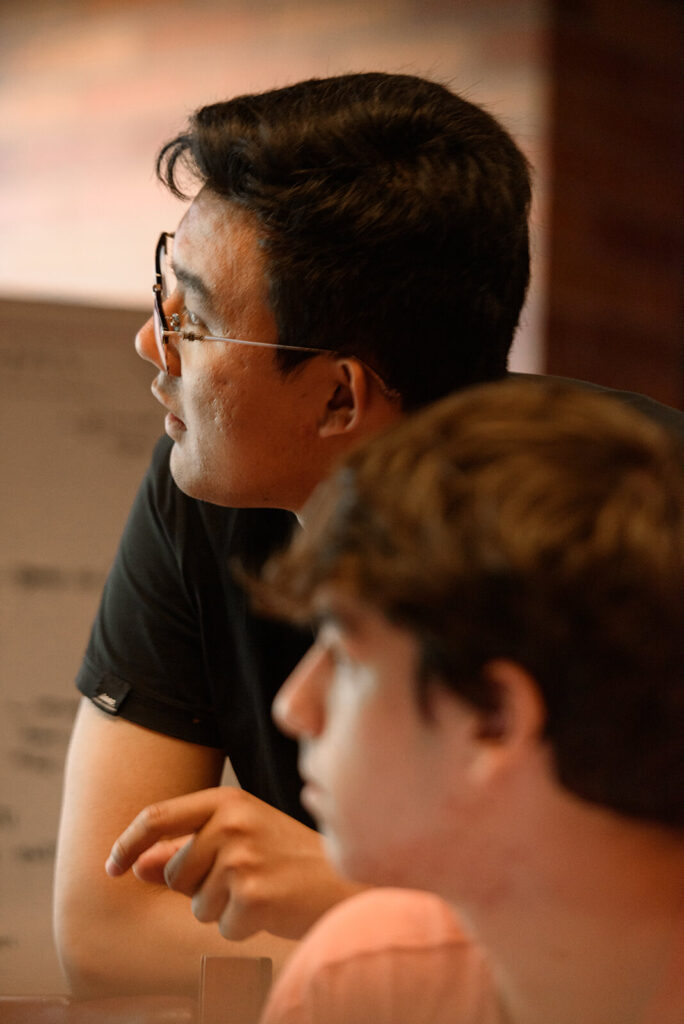
What do our alumni have to say?
Immerse Education students from previous years share powerful testimonies of how their programmes changed their lives and inspired their careers.
Find out more
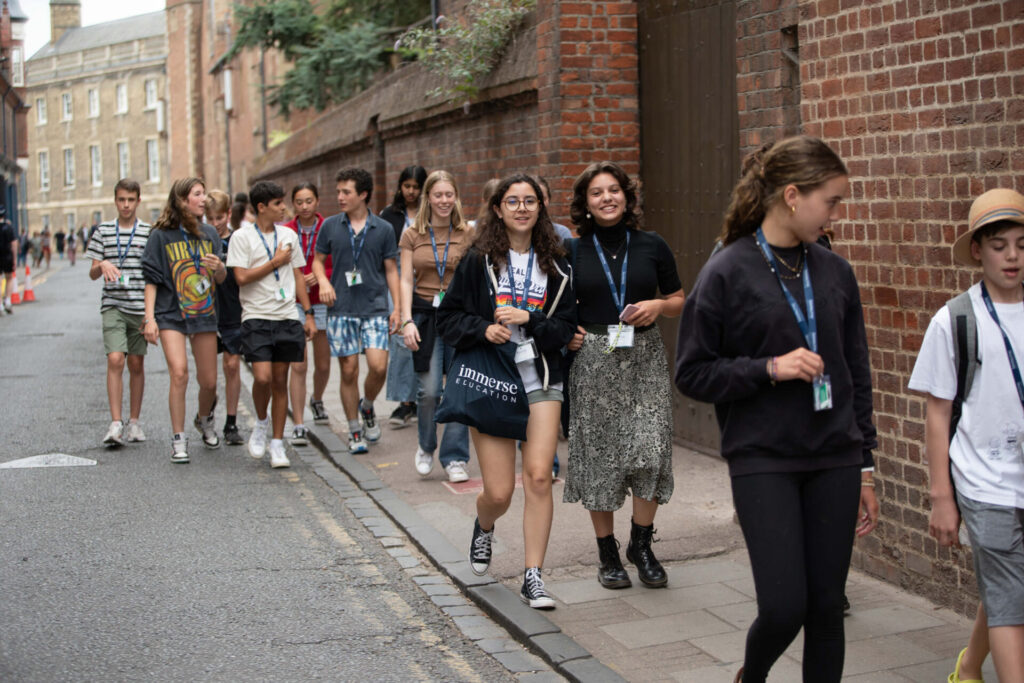
Explore opportunities for your child with a complimentary consultation
- Receive tailored advice to match your child’s interests and goals
- Gain insights from our experienced programme consultants
- Get answers in real-time, making your decision-making process smoother and more informed
Exciting activities at a Singapore summer camp
Discovering Singapore
Immersing in Singapore’s cultural heritage
Nature & Urban Exploration
Experience world-class education
Exploring Singapore’s innovative business environment
- Discovering Singapore
- Immersing in Singapore’s cultural heritage
- Nature & Urban Exploration
- Experience world-class education
- Exploring Singapore’s innovative business environment









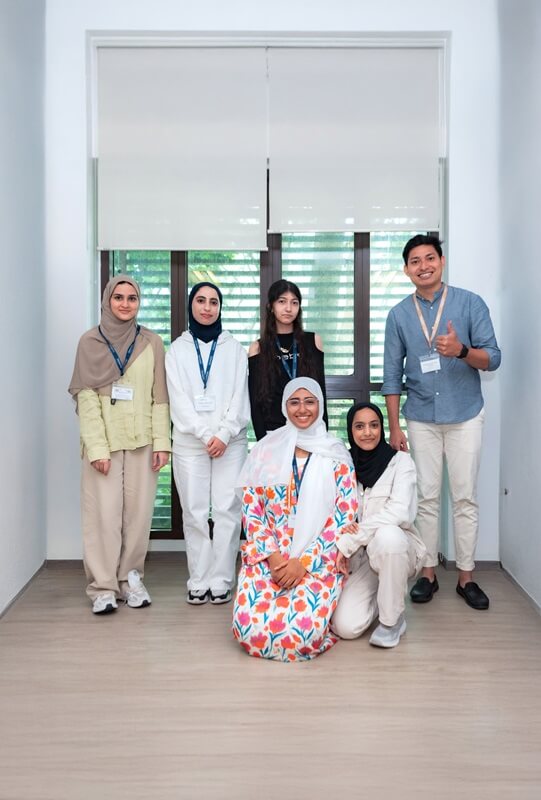
FAQs
Who can attend the Singapore summer school?
What courses are available at the Singapore summer school?
What is the duration of the Singapore Summer Programme?
Where will I stay during the programme?
How do I enrol for Immerse Education’s Singapore summer school?
Are there any scholarships available for the Singapore summer school?
How fluent do I need to be in English?
Who is this programme for?
What happens at the end of the programme?
What will I receive after the programme?
What happens in the case of an accident or emergency?
Learn how Immerse can transform your life
- Get an in-depth overview of our university and career preparation programmes
- Glimpse the life of an Immerse participant
- Find the right programme for you with sample timetables, location showcases, and more
Learn how Immerse can transform your life







